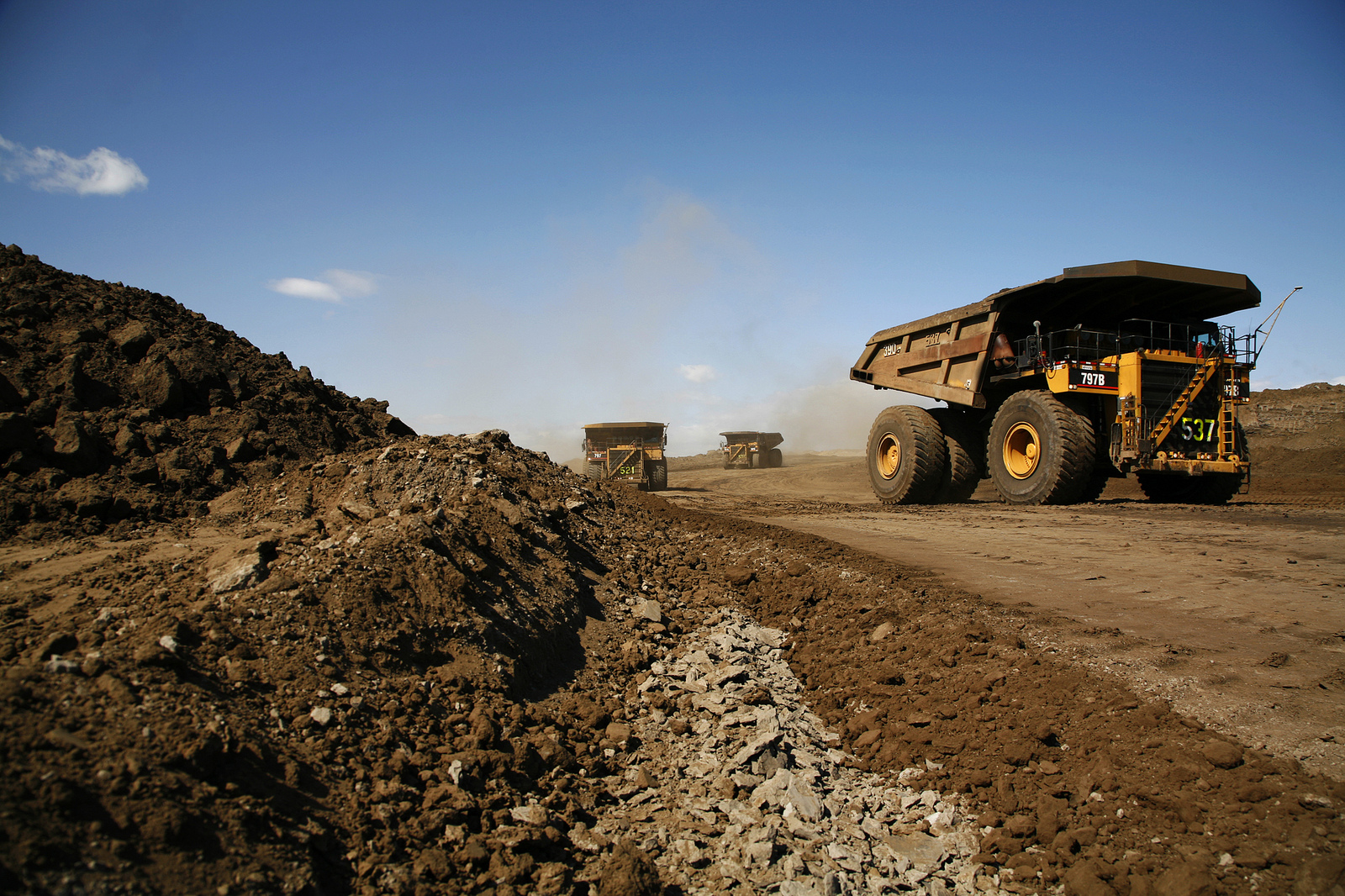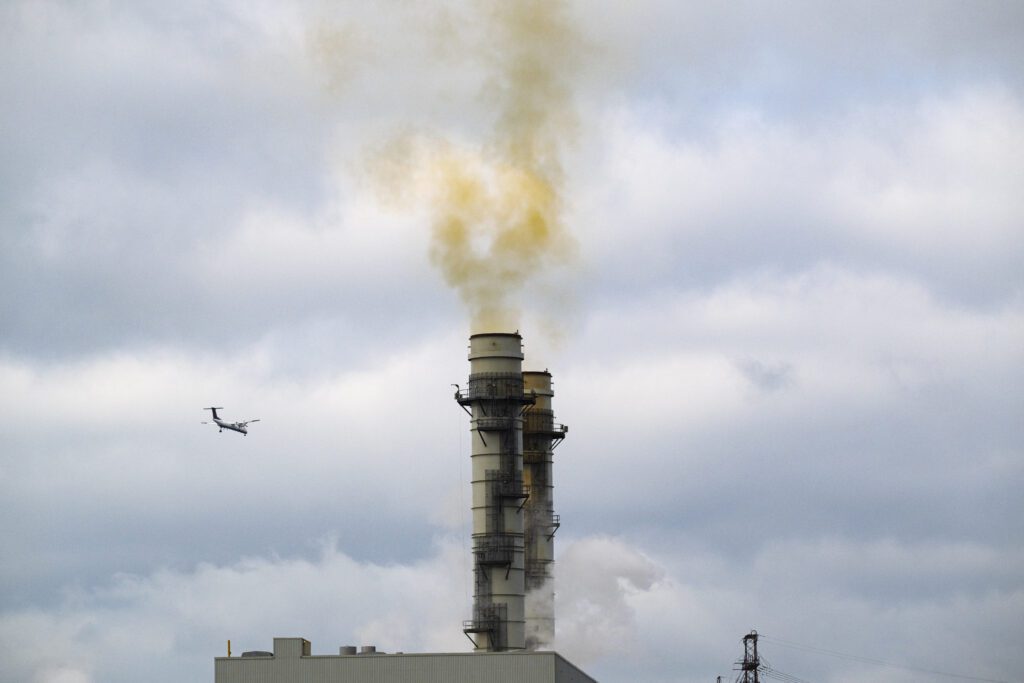International conversations and agreements concerning climate change have historically focused on limiting carbon emissions from household or business uses. This makes sense as cars, buildings, planes and factories all release the CO2 that is causing global warming.
But what about the fossil fuels that are the source of these emissions? Are they regulated in a manner that is thwarting our collective efforts to reduce emissions? Have we been attempting to treat the symptoms, without addressing the root cause?
The answer is yes according to a new report entitled Oil, Gas and the Climate: An Analysis of Oil and Gas Industry Plans for Expansion and Compatibility with Global Emission Limits.
Published by the Global Gas and Oil Network, of which Environmental Defence is a founding member, the report analyzes the expansion plans of the oil and gas industry and assesses the world’s ability to meet our global Paris climate goal of limiting warming to 1.5C or less if all the oil and gas the industry plans to develop is actually consumed.
What it discovers is alarming:

- If the world uses all the oil and gas from the fields and mines already in production, it will push us beyond 1.5°C of warming. This is true even if global coal use were phased out overnight, and if cement emissions were drastically reduced.
- Over the next five years, from 2020 to 2024, oil and gas companies are set to invest a further USD 1.4 trillion in new oil and gas extraction projects. The majority of this investment will be in shale fracking and offshore oil and gas.
- New financial investment decisions to be made over this five-year period have the potential to unlock more than 148 GtCO2 from currently undeveloped reserves before 2050, equivalent to building over 1200 new average U.S. coal-fired power plants.
- In the near-term – looking just at production from expansion projects over the next five years – North America accounts for 85% of this planned new supply. U.S. oil and gas expansion by itself will make it impossible for the rest of the world to manage the safe, equitable and necessary decline of oil and gas production by 2050.
- Every major international oil company has sanctioned new oil and/or gas projects that are not Paris Agreement compliant. Twenty-five companies are responsible for nearly 50 percent of the proposed new expansion of oil and gas in the next five years.
As a result of these findings, the report calls for the launch of a well-planned phase-out of oil and gas production that addresses the needs of workers and communities impacted by fossil fuel developments. This must start now to avoid climate breakdown and economic and social collapse.
This does not mean turning off the taps overnight. Rather, it means taking climate limits seriously and intentionally planning to wind-down fossil fuel extraction at the pace required to meet science-based emission limits. This has been done before during major previous technological shifts, like that from wood to coal and from horses to cars. An intentional and thoughtful phase-out approach makes it possible to create transition plans that are technologically feasible, socially just and economically sound.
In Canada, this approach should include:
- Clear new federal rules under our environmental assessment law that review possible expansions of oil and gas projects against our commitment to climate goals. If we cannot credibly demonstrate how investing in a fossil fuel project is consistent with a 1.5C warmed world then the project should not be permitted to go ahead.
- Institutional investors should apply a similar screen that will guide their decisions regarding whether to provide financing for new projects.
- The federal government must invest in research and development of new energy technologies like geothermal electricity that have huge employment and energy production opportunities in places like Alberta and northern British Columbia. At a minimum, the government should make available an amount equivalent to the billions in subsidies that have been given to the fossil fuel industry through tax breaks or direct investment in pipeline infrastructure (e.g. Trans-Mountain) – subsidies that should be phased out rapidly. Success will create skills-linked jobs and massive supply of electrical energy for export to a North America that must replace the energy of fossil fuels.
- Domestic demand for fossil fuels must be rapidly driven down through improved efficiency (e.g. buildings, appliances, manufacturing), electrifying transportation and home heating and increased renewables generation and storage.
Fortunately for Canada, we can make the rapid shift required and generate new wealth and employment in the process. Much of this can and should be in places most impacted by the near term stop to fossil fuel expansion and the longer term wind down of existing production.








